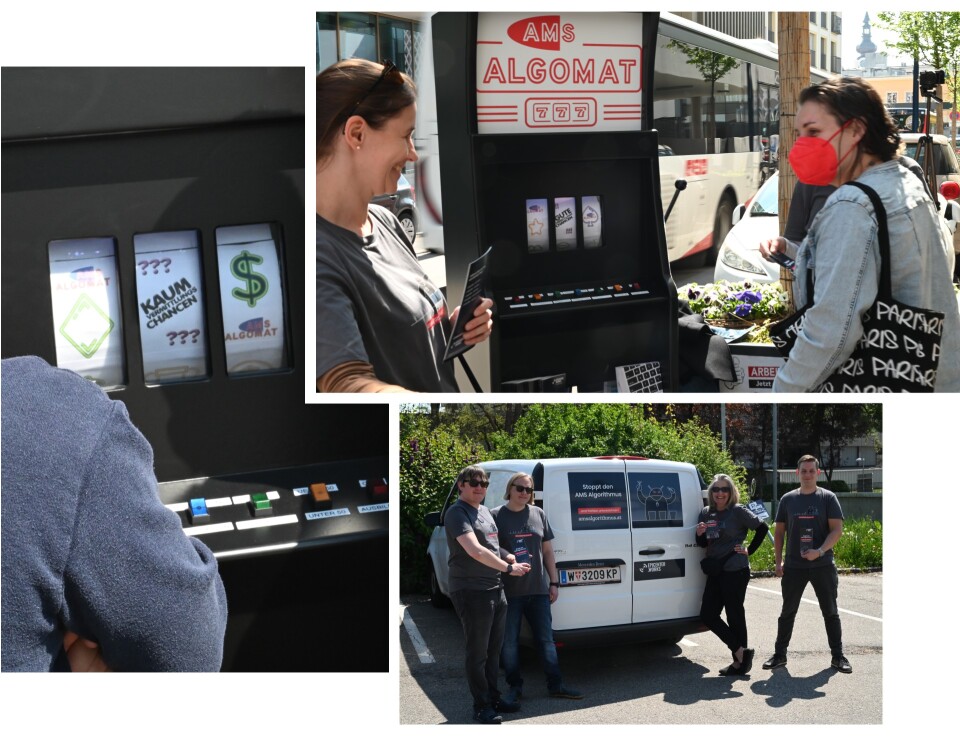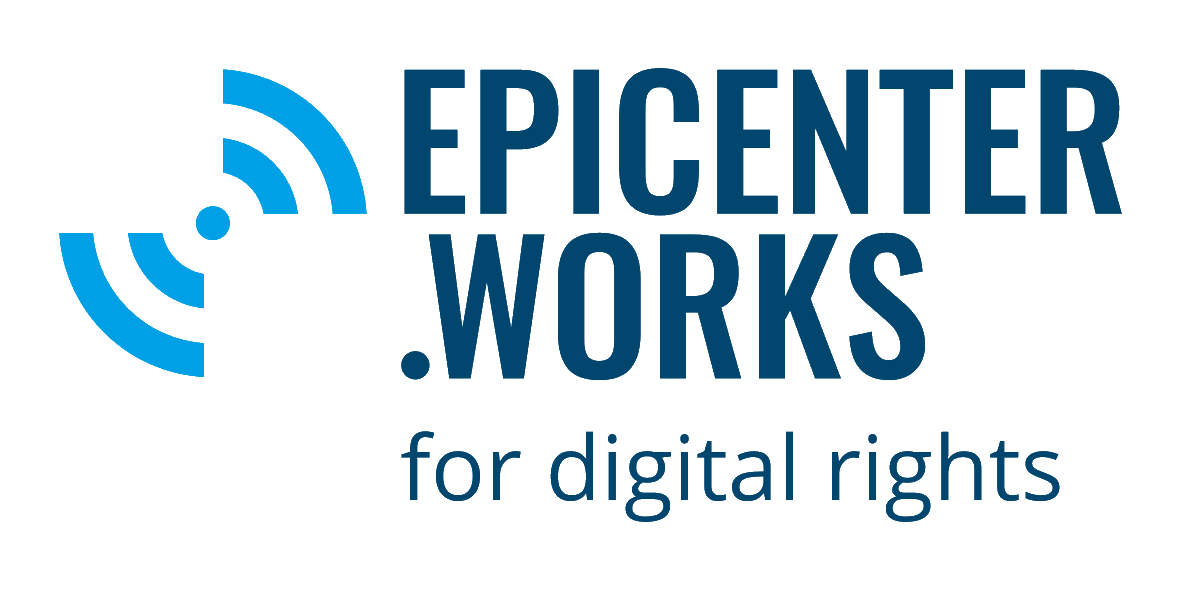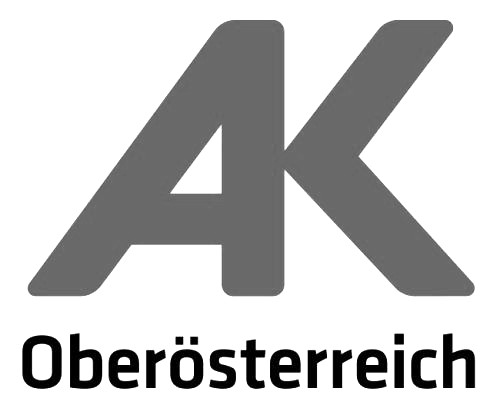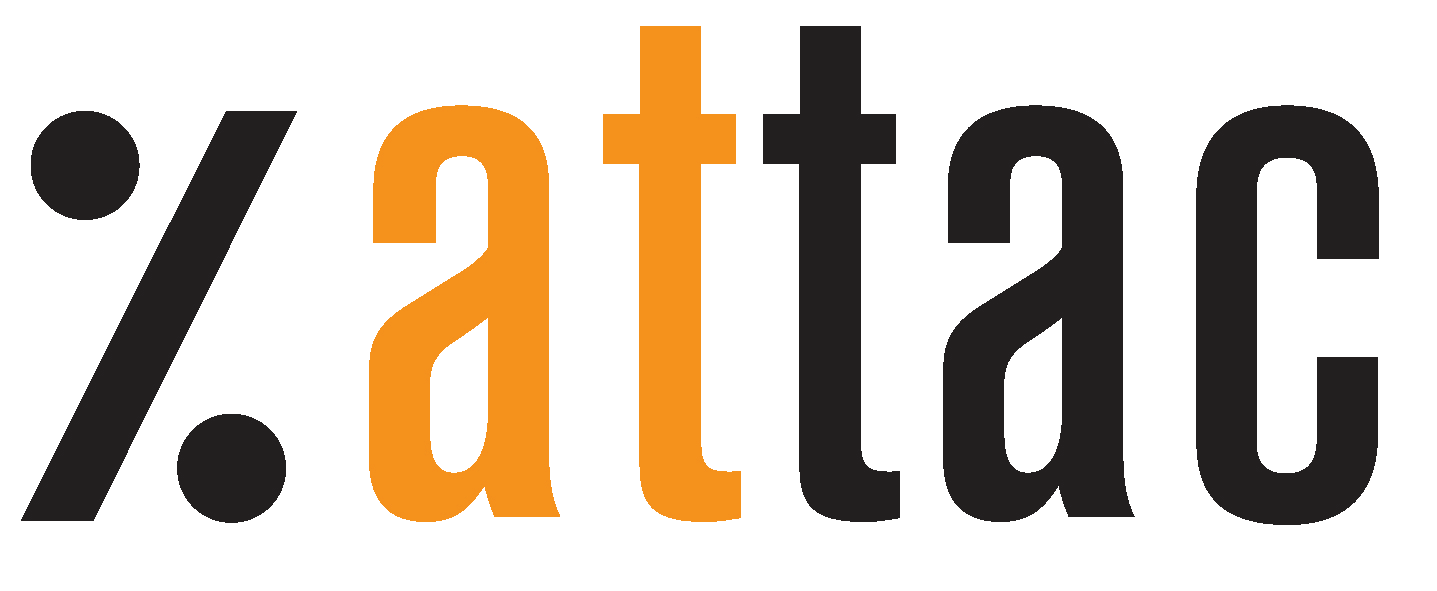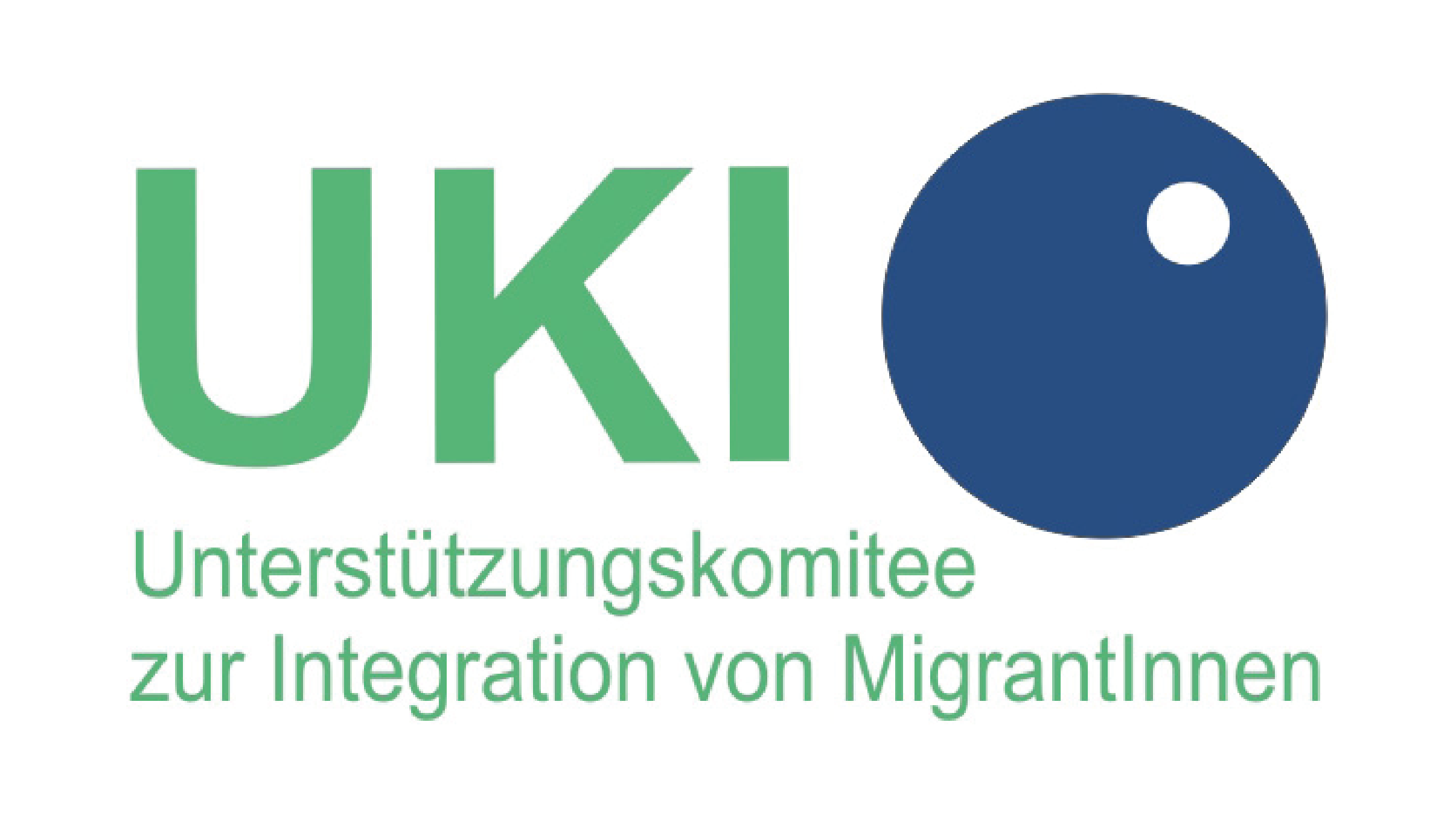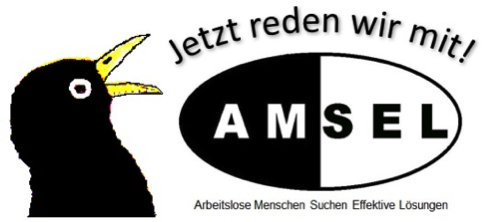Was sonst noch war ...
Focusgruppen & Report
Im September 2022 fanden unsere Fokusgruppen statt, in denen wir detailliert die Probleme des AMS-Algorithmus in moderierten Gruppengesprächen eruierten. Wir sprachen mit AMS Mitarbeitenden und Betroffenen in unterschiedlichen Zusammensetzungen, um eine möglichst große Vielfalt abzubilden. Dennoch war das Ergebnis überraschend gleich: eine persönliche Betreuung ist sehr wichtig, hilft und wird von allen Seiten gewünscht. Und alle hätten gerne mehr Zeit mit der:dem menschlichen Betreuer:in. Das Geld, das in intransparente Maschinen geflossen ist, sollte hier sehr viel besser investiert werden.
Zu den gesamten Ergebnissen und dem Report:
Der Report als PDF-DateiRoadshow Pt. II
Weil unsere erste Tour so erfolgreich war und wir bemerkt hatten, dass wir nicht alle Gruppen direkt ansprechen konnten, wiederholten wir die Roadshow noch einmal. Mit etwas anderen Vorzeichen. Bei der zweiten Roadshow legten wir den Focus auf besonders betroffene Communitys. Wir hatten direkt Termine mit Organisationen mit Migrationserfahrung und Gruppen von Mitarbeitenden von Sozialorganisationen in Oberösterreich vor Ort gemacht, um noch effektiver Information und Aufklärung weiter geben zu können.
Mit unserem Tourbus und dem einarmigen Banditen „AMS-Algomat“ haben wir Präsentationen gezeigt, Aufklärungsmaterial verteilt und kamen so mit vielen Personen ins Gespräch. Auch hier war der Dialog sehr fruchtbar und wir konnten selbst weitere Einblicke in die Folgen bei Betroffenen gewinnen. Zusammen mit den Communitys konnten wir bestehende Probleme identifizieren und mögliche Gründe und Lösungen anbieten. Nun können alle mit dem neu erworbenen Wissen tatsächlich tätig werden, Auskunft einfordern und bei Problemen kompetent ins Gespräch gehen.

Video über das Projekt
Das Projekt „Stoppt den AMS-Algorithmus“ lief bis 31.10.2022. Hier könnt ihr eine schöne Kurzdoku als Video sehen:
